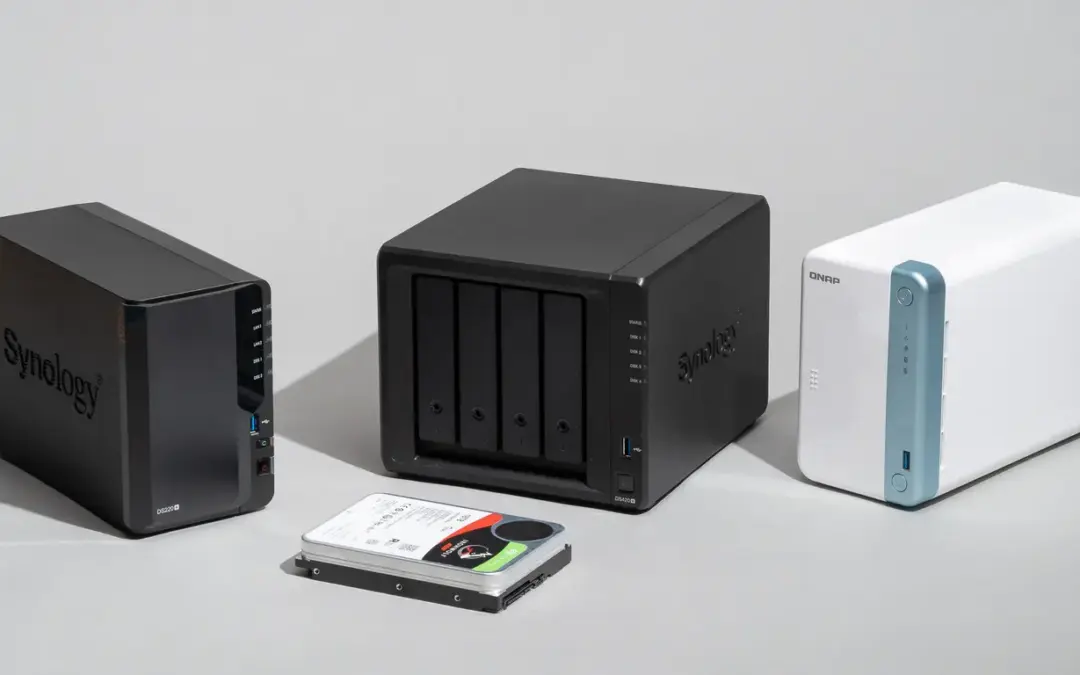A server should provide file and print services, allowing users to store and share files and print documents from a central location. This ensures that important files are easily accessible and can be shared among team members.
Virtualization vs. Physical
Virtualizing the storage server with passthrough the storage hardware can provide several benefits compared to a physical storage server, including:
- Improved resource utilization: Virtualizing the storage service allows you to allocate storage resources more efficiently. You can create virtual storage pools that can be dynamically allocated to different virtual machines as needed, which can help to reduce over-provisioning and optimize resource utilization.
- Increased flexibility: Virtualizing the storage server can provide increased flexibility by allowing you to easily move virtual machines between physical servers. This means that you can easily migrate virtual machines between servers without having to worry about storage compatibility issues.
- Simplified management: Virtualizing the storage server can make it easier to manage your storage infrastructure. You can use a single management console to manage all your virtual storage pools, which can help to reduce complexity and improve efficiency.
- Improved performance: Passthrough the storage hardware can provide improved performance by allowing virtual machines to directly access the storage devices. This can help to reduce latency and improve overall system performance.
Compared to a physical storage server, virtualizing the storage server can also provide cost savings by allowing you to run multiple virtual machines on a single physical server. This means that you can avoid purchasing multiple physical servers, which can help to reduce costs.
NAS system vs. Linux distribution
When it comes to choosing between an open-source NAS system such as TrueNAS Scale or using a Linux distribution as a storage server with passthrough the storage hardware for small businesses in the office, the decision will depend on your specific needs and requirements.
TrueNAS is a feature-rich open-source NAS system that is designed for enterprise use. It offers advanced features such as data deduplication, compression, and encryption, as well as support for multiple protocols such as SMB, NFS, and iSCSI. TrueNAS also has a user-friendly web-based management interface that makes it easy to manage and monitor your storage infrastructure.
Using a Linux distribution as a storage server with passthrough the storage hardware can also be a good option, especially if you have experience with Linux and want to have more control over your storage infrastructure. This approach can be more flexible than using a dedicated NAS system, as you can customize the software to meet your specific needs.
One advantage of using a Linux distribution as a storage server with passthrough the storage hardware is that it can provide improved performance and increased flexibility. However, setting up and configuring a Linux-based storage server with passthrough the storage hardware can be more complex than using a dedicated NAS system, especially if you don’t have experience with Linux.
Overall, both options can be viable choices for small businesses in the office, and the decision will depend on your specific needs and requirements. If you need advanced features and a user-friendly management interface, then a dedicated NAS system such as TrueNAS Scale may be the better choice. If you have experience with Linux and want more control over your storage infrastructure, then using a Linux distribution as a storage server with passthrough the storage hardware may be a good option.
relative

